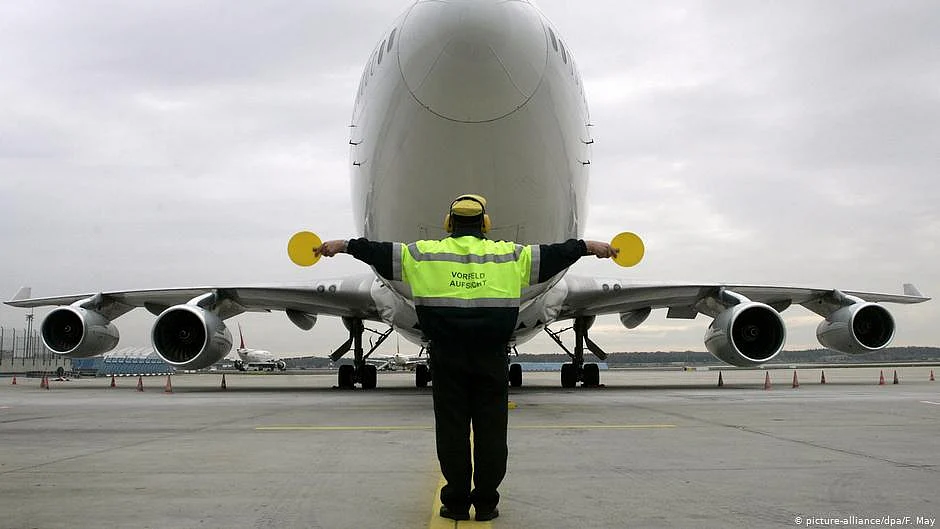Drone sightings force Munich Airport shutdown, thousands stranded overnight
The incident follows last week’s airport closures in Denmark and Norway, also following drone disruptions

Munich Airport was thrown into turmoil on 2 October, Thursday night after multiple drones were sighted over its airspace, forcing air traffic controllers to halt operations, causing widespread disruption. With 17 scheduled flights cancelled and 15 incoming aircraft diverted to Stuttgart, Nuremberg, Vienna and Frankfurt, leaving around 3,000 passengers stranded.
The suspension began at 10.18 p.m. local time on 2 October when German air traffic control received reports of drones near and directly above the airport grounds.
Police and federal authorities launched helicopter and ground searches, though poor visibility hampered efforts to identify the devices. Officials confirmed on 3 October, Friday morning, that the type and number of drones involved remain unclear.
Passengers caught in the disruption spent the night inside the terminals, where camp beds, blankets, snacks and drinks were provided. Flights gradually resumed before dawn on Friday once the security situation stabilised.
The timing of the incident heightened its impact, coinciding with the eve of German Unity Day and the closing days of Munich’s Oktoberfest, both of which had already seen heightened security in recent weeks.
In a statement, airport and police officials stressed that reporting chains functioned effectively, allowing swift coordination with state and federal authorities.
They reiterated, however, that drone detection and enforcement remain a law enforcement responsibility, underlining the challenges airports face in responding to such threats.
The Munich incident comes amid a growing pattern of drone activity across Europe. Just a week earlier, airports in Denmark and Norway were forced to close after unidentified drones entered restricted airspace, prompting Copenhagen to impose a temporary nationwide ban on civilian drone operations.
The spate of incursions has raised questions over possible hostile involvement, with speculation about Russian links, though no direct evidence has emerged.
Poland also faced multiple drone-related airspace breaches in September, while Lithuania, Latvia, Romania, Estonia, Germany and France have all reported similar incursions in recent months. The uptick in cases has spurred NATO and the European Union to step up vigilance and accelerate plans for enhanced counter-drone systems and coordinated border protections.
Airlines, including Lufthansa, scrambled to reroute and accommodate disrupted travellers during Thursday’s shutdown in Munich. Aviation authorities across Europe are now calling for stronger cooperation on monitoring airspace, faster response protocols, and tougher legal frameworks to safeguard critical transport hubs.
Investigations into the Munich sightings remain ongoing. As of Friday morning, no suspects had been identified and no further disruptions were reported.
Follow us on: Facebook, Twitter, Google News, Instagram
Join our official telegram channel (@nationalherald) and stay updated with the latest headlines
